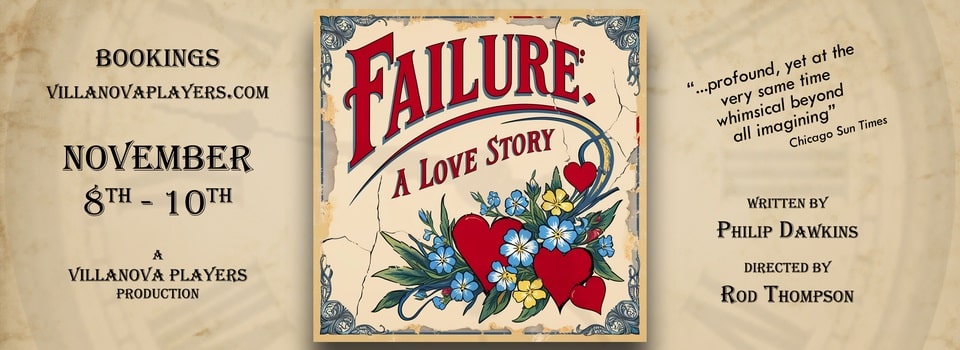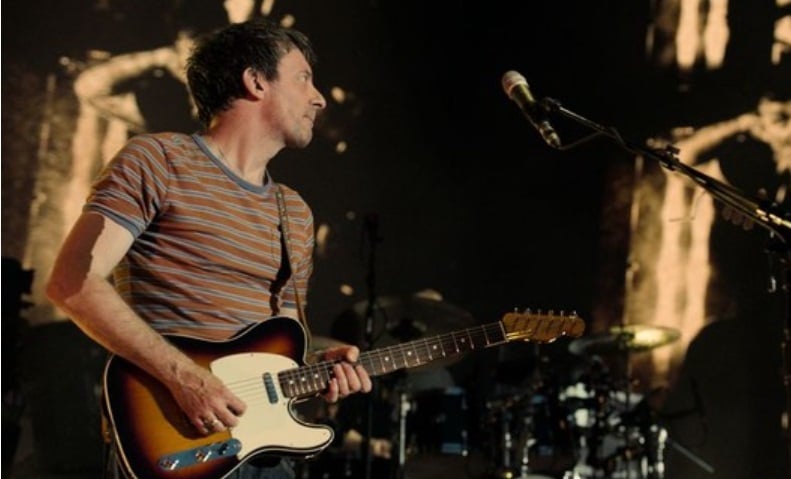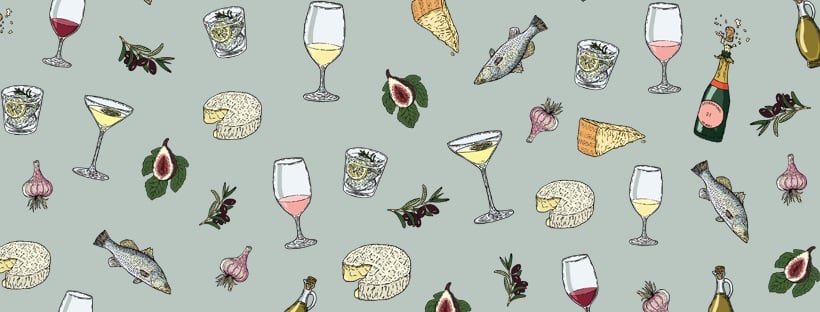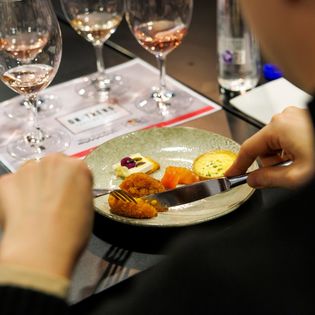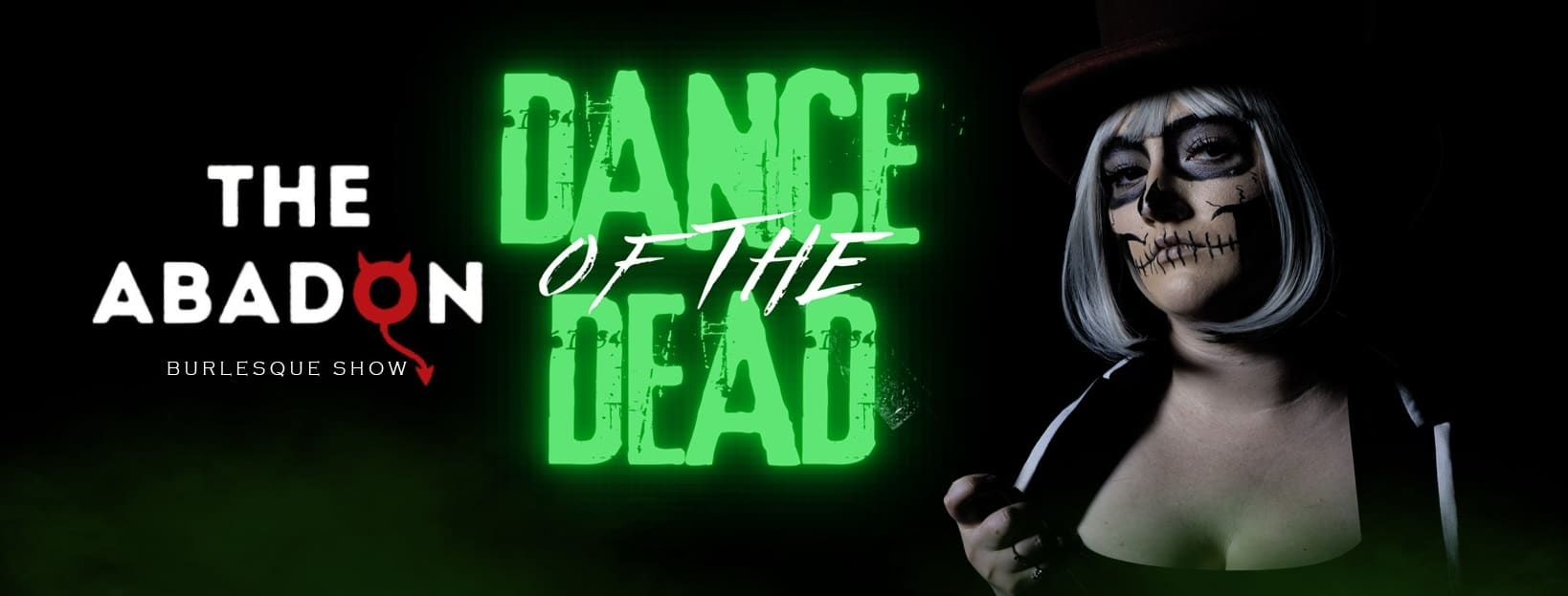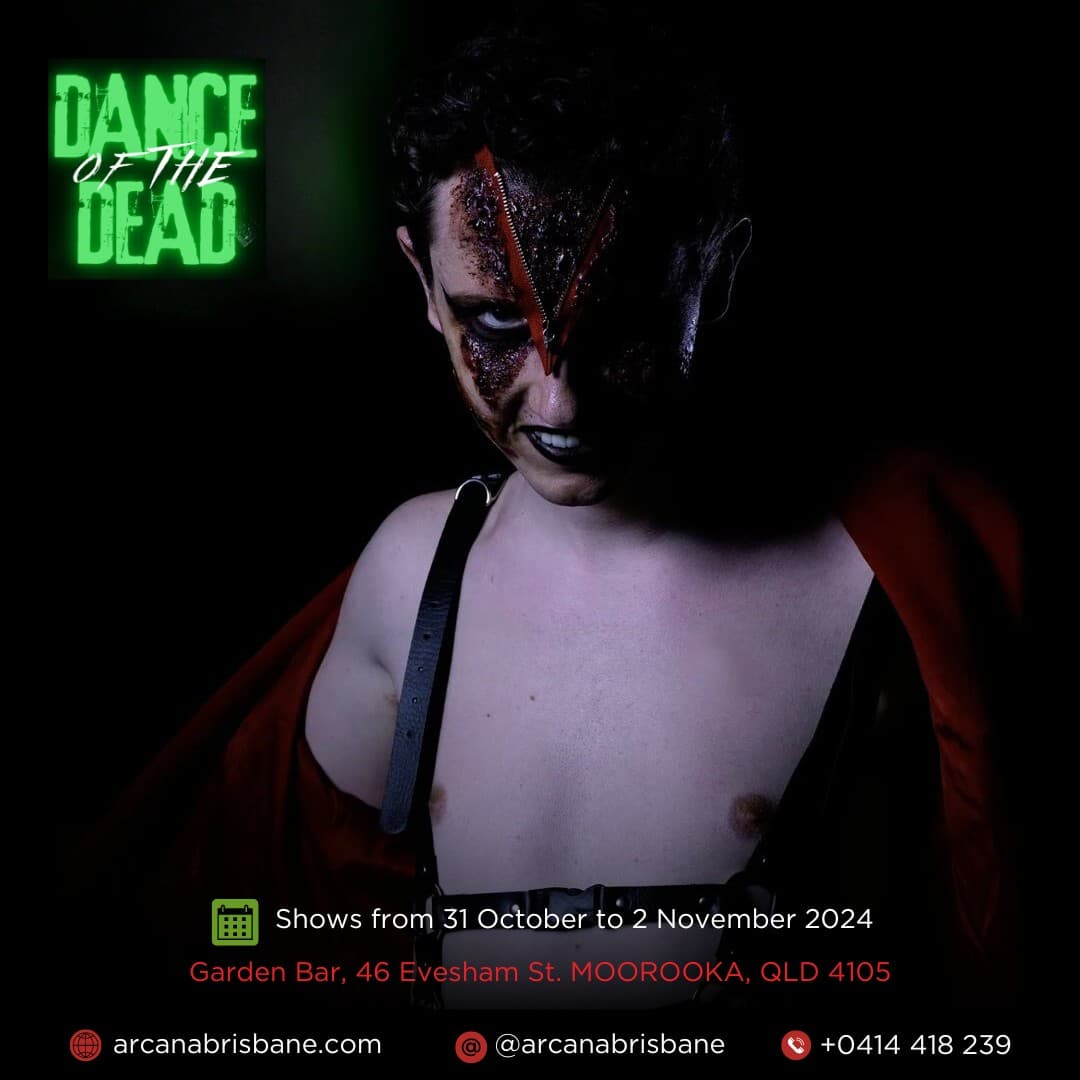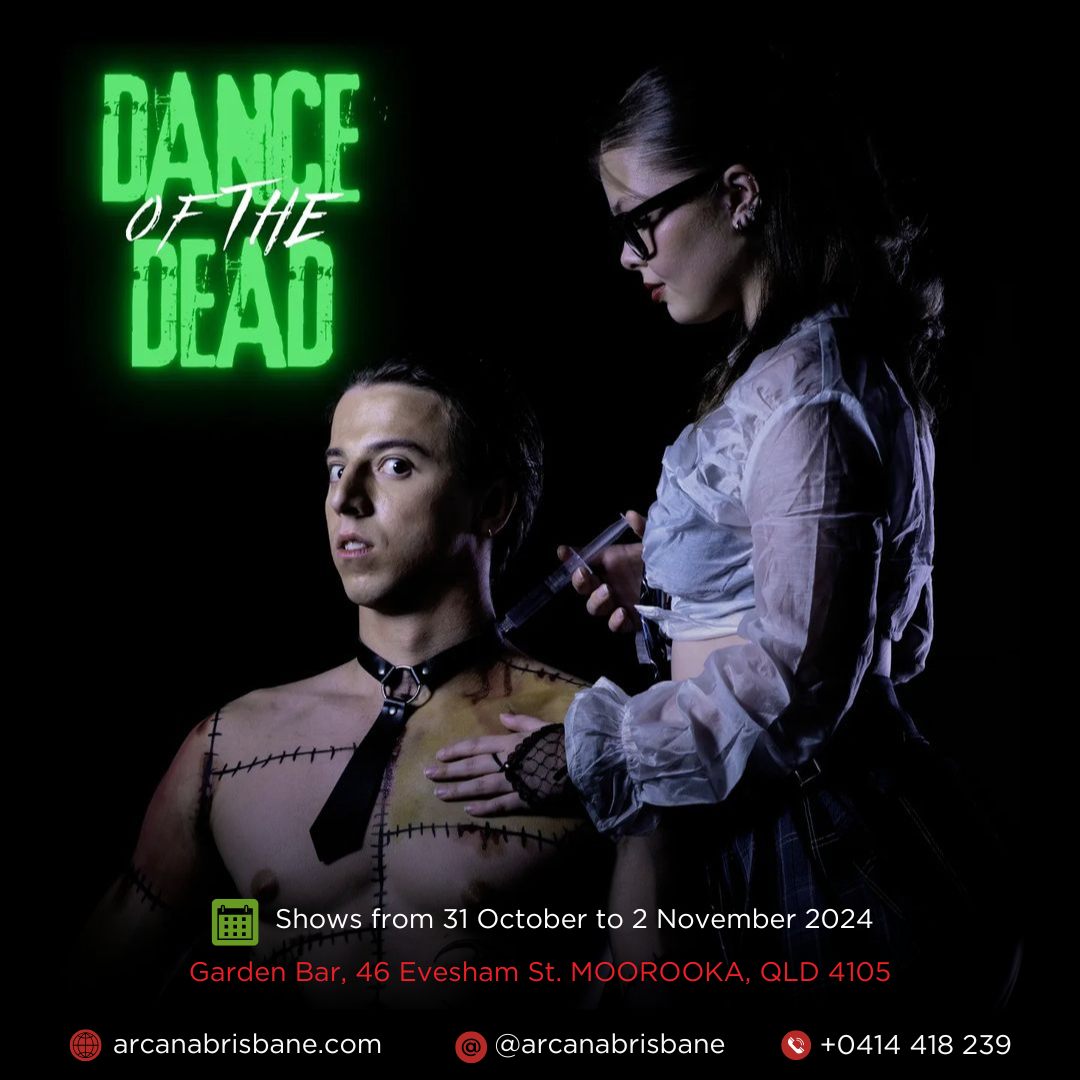Failure: A Love Story is a Dramedy that also explores the use of music in the 1920s-themed Character-centric play. We follow ‘Mortimer Mortimer’ played by the delightful Lachlan Gregory Hugh, on his ill-fated courtship of no fewer than three women of the ‘Fail Family’ and the journey of his life until death. The story is delivered uniquely, where the characters take turns offering narrations in the third person, flitting in and out of the story.
The play competently and creatively incorporates the use of projections to help transport us to the very many various locations in the play. The Projections often provide us with unique family portraits, some hilariously photoshopped.
Other unique aspects of this production include using puppetry to bring to life a pet snake and the smooth vocals of Milton Scully, who plays a personified Gramophone. Although Milton excels vocally, they are raw on-stage with no backing track provided, which could have elevated the Jazz vibes of his performance. He still gives it his all, showing us masterful carrying of tune, pitch and tone.
Another odd aspect is the appearance of a dog played by Shane Fell, whose end-of-life euthanasia is played for laughs. This sounds shocking, but Shane’s bold choice and comedic performance make this a stand-out comedic moment.
The main stand-out performances belong to Lachlan Gregory Hugh and Sabrina Fu, who play Mortimer Mortimer and Nelly Fail, respectively. They bring vibrancy and energy to the stage, appearing confident and collected in their performances. Erin Hall and Sophie Morrison bring consistency and grounding to their performances as the other ‘fail’ sisters. Nathan Seng excels in his role, convincingly playing the shy and awkward adopted ‘fail’ brother.
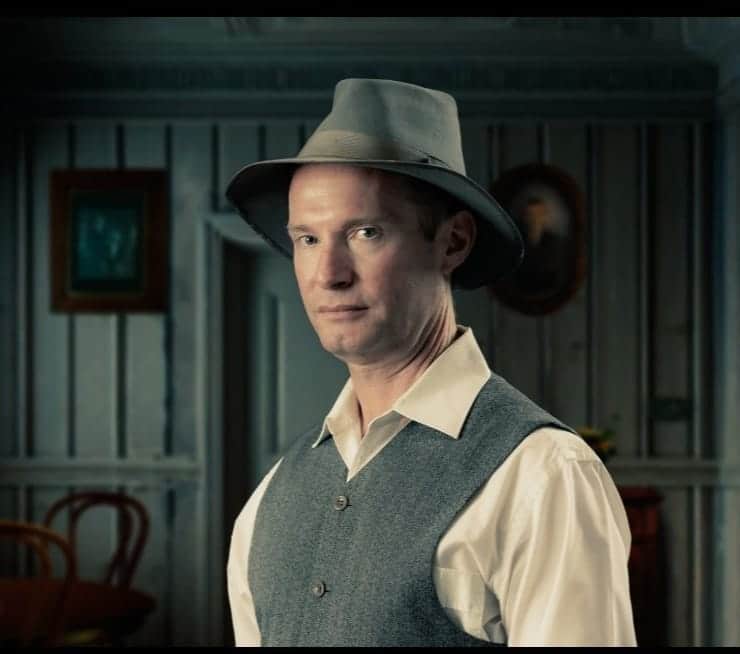

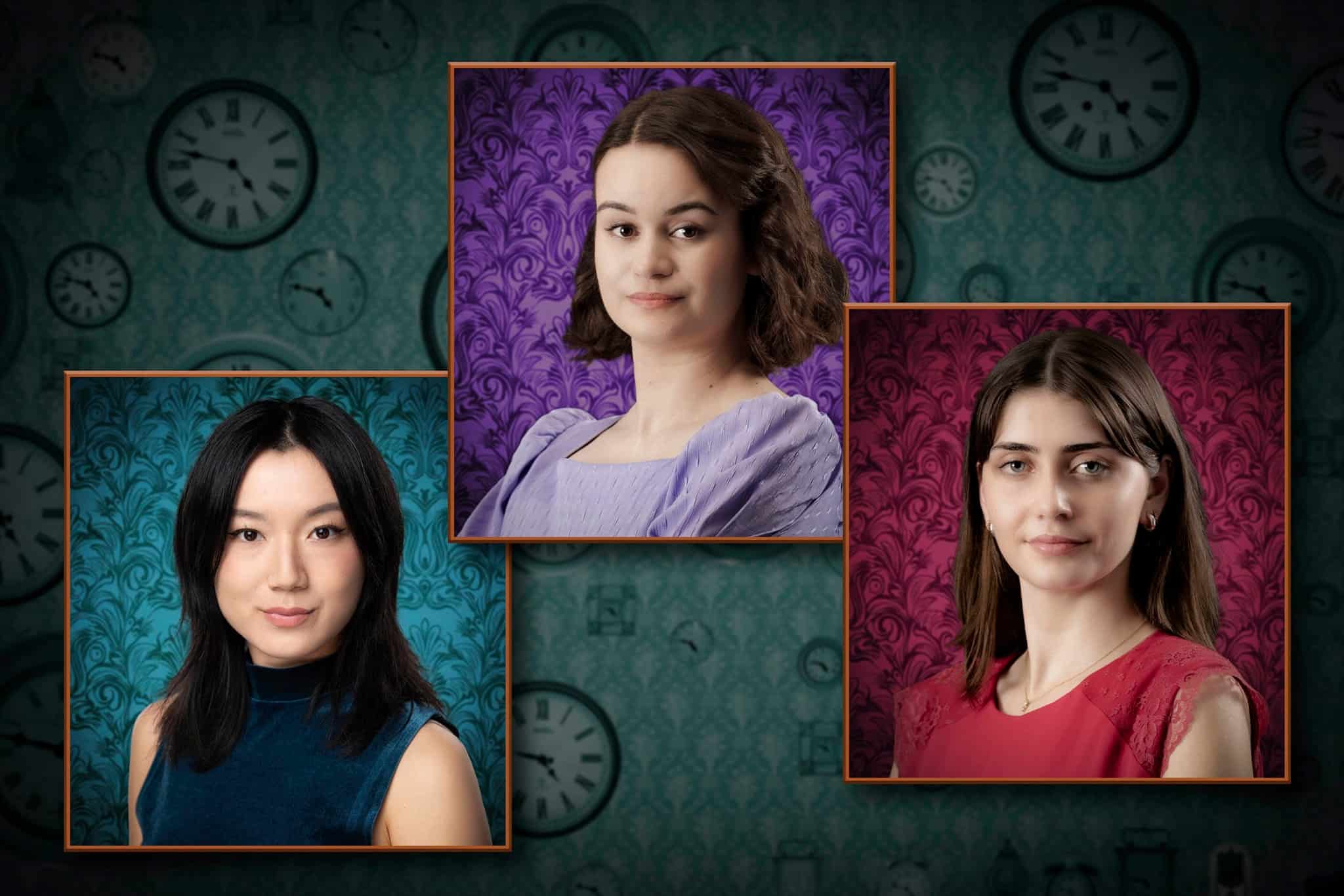
All actors were well-spoken, projecting to the entirety of the theatre throughout. Nathan Seng has a great voice in the snippet of singing we get from his character, and the chorus singing moments sound great. Although once again backing tracks, and more upbeat dance choreography could have lifted the energy in these scenes to support the actors’ performances. We are delivered very clean and precise blocking throughout the performance, showing this cast could’ve competently handled more energetic or elaborate configurations.
This production was crafted with care and talent in the prop department, showcasing amazing handmade pieces. From a clockwork coffin to a Gramophone-themed megaphone, the props used were excellent. The lighting once again plays it safe, only being incorporated occasionally as a story-telling device, but all actors are well-lit. The pacing seemed to be the greatest difficulty in this production, with narrations often dragging and struggling to support the story in building to its climactic points of drama.
Unfortunately, this impedes some of the comedic timing at points and makes the third act, as we travel towards the ending, feel quite long. There is, at times, masking from the cast as they wait in limbo to jump in for their section of narration. However, the jokes that do land delight the audience and keep us invested in the journey of Mortimer Mortimer. Lachlan really does bring a great surge of vitality to the stage with his performance, and he should be commended.
Failure: A Love Story provides us with a cozy journey. It is funny while fated to tragedy and intimately explores a person’s journey through love. The cast should be commended on their successful performance and efforts.
With only two nights remaining, book your tickets to Failure: A Love Story @ https://www.villanovaplayers.com/coming-soon
